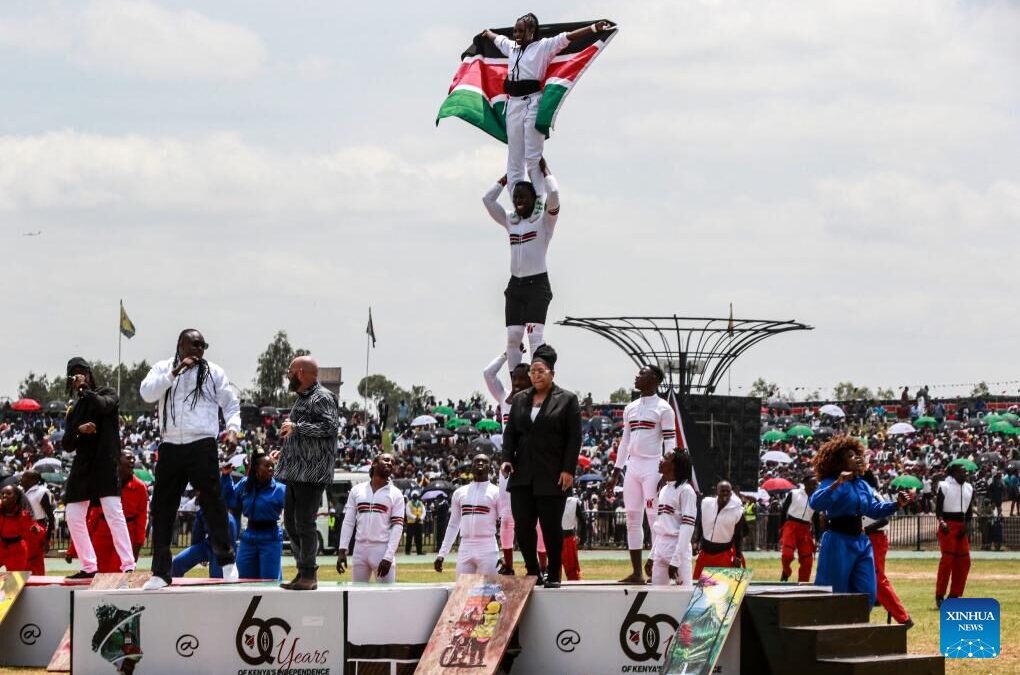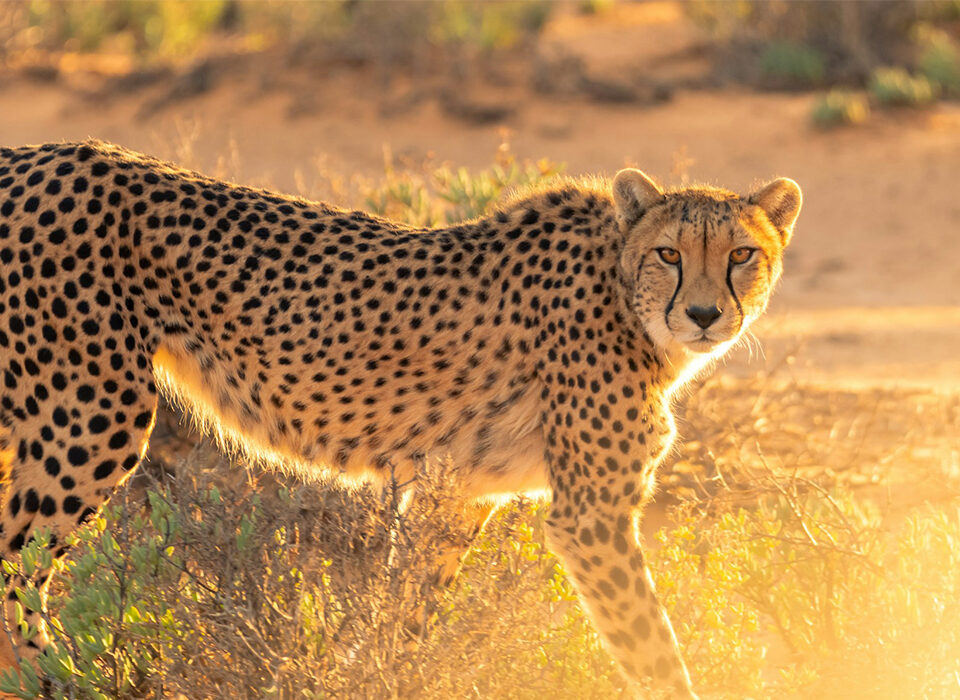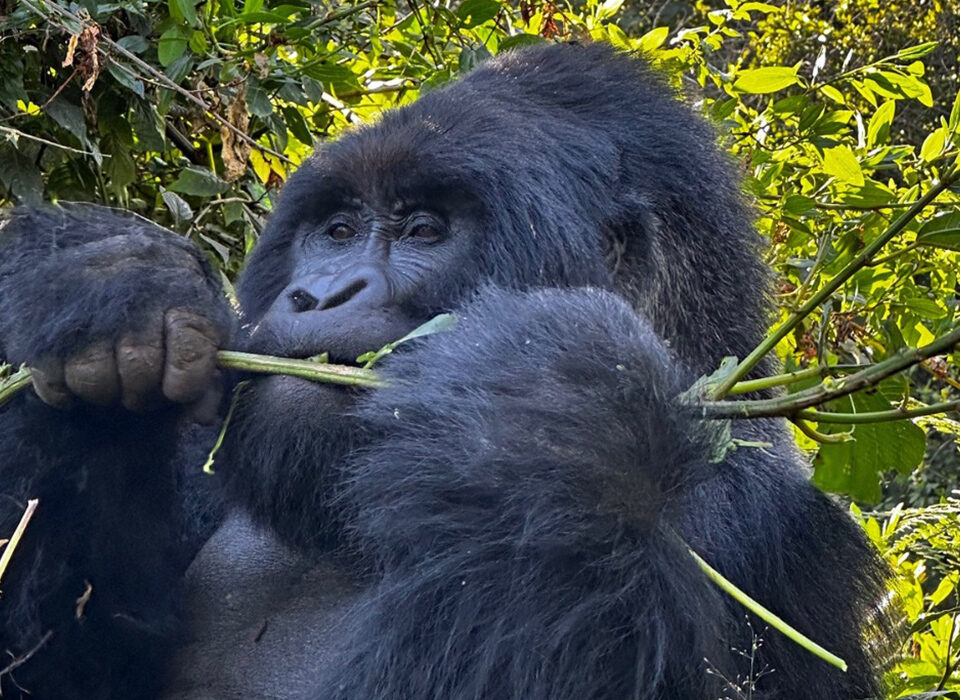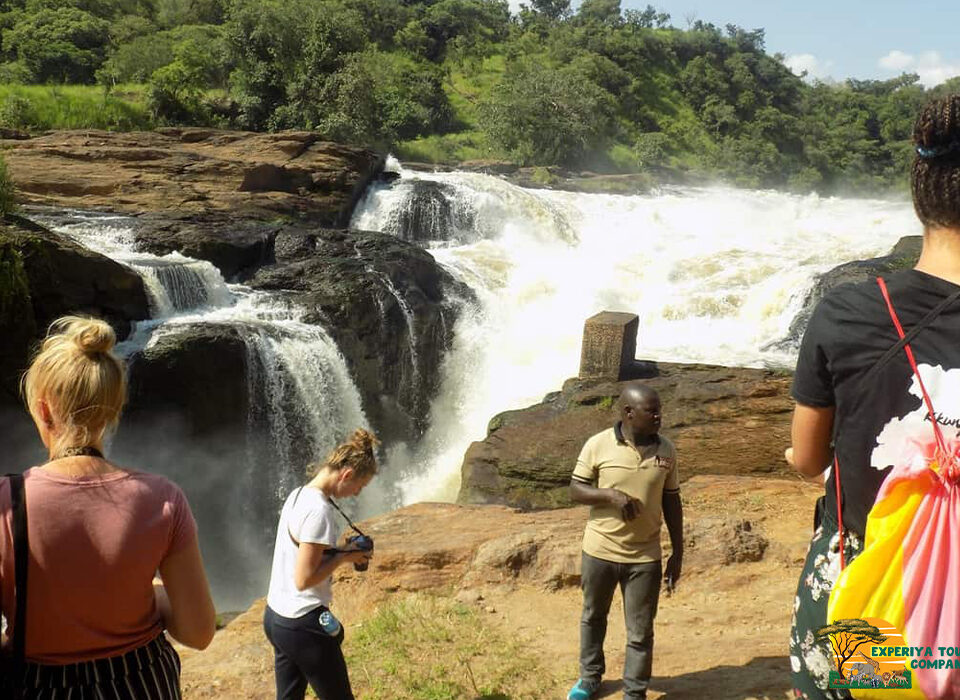
Can I attend a Maasai ceremony?
November 20, 2025
What souvenirs should I buy from Kenya?
November 20, 2025How Do Kenyans Celebrate National Holidays?
Kenya is a vibrant nation with a rich cultural heritage, diverse ethnic communities, and a deep sense of national pride. National holidays are not just days off—they are living expressions of Kenyan identity, history, and unity. Whether the country is commemorating independence, honoring heroes, marking labor achievements, or celebrating religious festivities, Kenyans embrace these occasions with enthusiasm, color, song, family gatherings, and cultural traditions. For travelers, witnessing how Kenyans celebrate national holidays is an unforgettable opportunity to understand the spirit of the nation. This naturally raises the question: How do Kenyans celebrate national holidays?
From parades and traditional dances to community feasts, school ceremonies, political speeches, and patriotic performances, Kenya’s national holidays reflect both shared values and diverse traditions. Each holiday carries its own story, and the way Kenyans celebrate them highlights the country’s cultural richness and the unity that binds its people together.
The Major National Holidays in Kenya
Kenya observes several national holidays throughout the year, each with its own purpose, mood, and cultural importance. Some of the key holidays include:
Jamhuri Day
Mashujaa Day
Madaraka Day
Labour Day
Huduma Day
Utamaduni Day
Christmas and Easter
New Year’s Day
Eid al-Fitr and Eid al-Adha
For travelers visiting Kenya during any of these holidays, it’s an opportunity to see the country’s celebrations, traditions, and communal spirit firsthand.
Jamhuri Day – Celebrating Independence and Nationhood
Celebrated on December 12th, Jamhuri Day marks Kenya’s independence from colonial rule and its establishment as a republic. It is one of the most important national holidays.
How Kenyans Celebrate Jamhuri Day
Jamhuri Day is filled with:
National parades
Cultural performances
Military displays
Traditional dances
Speeches by national leaders
Flag-raising ceremonies
The main celebration is usually held at a stadium in Nairobi, but the festivities ripple throughout the country. Families gather at home, communities come together for feasts, and many Kenyans spend the day visiting parks, beaches, and recreation spots.
The holiday carries immense patriotic pride, symbolizing Kenya’s freedom and progress.
Madaraka Day – Celebrating Self-Governance
Held on June 1st, Madaraka Day commemorates the day Kenya attained internal self-rule in 1963. It represents the moment Kenyans took control of their government after years of struggle.
How It’s Celebrated
Madaraka Day is marked by:
Government parades
Public speeches
Cultural showcases
Community events
Family gatherings
Kenyans use this day to reflect on progress, leadership, and national unity. It is a vibrant holiday that often features performances from different ethnic communities.
Mashujaa Day – Honoring Heroes
Celebrated on October 20th, Mashujaa Day (Heroes’ Day) honors Kenya’s national heroes—both known and unsung—who fought for independence, justice, cultural heritage, innovation, and societal progress.
Celebrations Across the Country
Mashujaa Day is celebrated with:
National ceremonies led by the President
Military parades
Traditional music and dance
Public storytelling of heroes
Local honors given to community leaders
Many communities organize events to celebrate teachers, activists, cultural icons, and everyday heroes who contribute to society. It is a holiday filled with national pride, remembrance, and gratitude.
Utamaduni Day – Celebrating Culture
Formerly called Moi Day, Utamaduni Day is celebrated on October 10th and is dedicated to Kenyan culture, traditions, and heritage.
How Kenyans Celebrate Utamaduni Day
This holiday celebrates:
Cultural dances
Ethnic attire
Heritage foods
Art exhibitions
Community storytelling
Traditional music
It is a perfect day for travelers to engage with local cultures through village visits, cultural centers, museums, and traditional meals.
Labour Day – Honoring the Workforce
On May 1st, Kenya celebrates Labour Day to honor workers and labor achievements across the country.
What Happens on Labour Day
The day is marked by:
Union rallies
Speeches from labor leaders
Award ceremonies
Community picnics
Family outings
Workers from all sectors—farmers, teachers, artisans, drivers, healthcare professionals—are recognized for their role in building the nation. Many families use the public holiday to relax and enjoy time together.
Huduma Day – A Day of Community Service
Huduma Day, observed on October 10th, encourages community service, reflection, and volunteerism. It is a day dedicated to spirituality, peace, and giving back.
Celebrations and Activities
People participate in:
Charity activities
Church gatherings
Cleaning campaigns
Peace prayers
Community projects
For travelers, this day offers a chance to witness or join local service activities that strengthen social bonds.
Christmas and New Year’s in Kenya – Big Family Celebrations
Christmas in Kenya is a joyful and colorful holiday that blends religious significance with cultural traditions. It is celebrated on December 25th, and New Year’s Day follows on January 1st.
Christmas Celebrations
Kenyans celebrate Christmas with:
Church services
Family gatherings
Special feasts (nyama choma, pilau, chapati, kuku)
Gift giving
Village visits
The roads become busy as people travel upcountry to reunite with family. Homes are filled with laughter, music, and children playing.
New Year’s Celebrations
New Year’s is marked by:
Fireworks
Concerts
Beach parties
Nightclubs
Community prayers
Coastal cities like Mombasa and Diani are especially lively during this season.
Easter – A Time of Faith and Family
Easter is widely celebrated across Kenya with religious devotion and family bonding.
Celebrations Include
Church services
Family meals
Beach trips
Picnics in national parks
Community gatherings
Easter Monday is a national holiday, giving families time to rest and enjoy nature.
Eid al-Fitr and Eid al-Adha – Celebrated with Joy and Generosity
Kenya’s large Muslim population, especially along the coast, celebrates Eid with vibrant traditions.
Eid Celebrations Include
Morning prayers at mosques
Feasts with family and neighbors
Charity giving
Wearing new clothes
Visiting beaches and parks
Mombasa, Lamu, and Malindi are lively destinations during Eid celebrations, blending Swahili culture with Islamic traditions.
 How Kenyans Celebrate National Holidays Across the Country
How Kenyans Celebrate National Holidays Across the Country
Regardless of the specific holiday, Kenyan celebrations share common themes:
1. Community Gatherings
People come together for celebrations, reinforcing social bonds.
2. Traditional Foods
Holidays are filled with delicious meals such as:
Nyama choma
Pilau
Chapati
Mukimo
Fish dishes
Mandazi and chai
Food is central to celebration, and families cook large meals to share with guests.
3. Music and Dance
Music is part of nearly every celebration. You’ll hear:
Benga
Gospel
Gengetone
Traditional ethnic music
Swahili taarab
Dance performances often accompany community events and festivals.
4. Travel and Exploration
Many Kenyans travel during holidays to:
Visit family
Explore national parks
Go to the beach
Attend cultural events
Enjoy picnics and barbecues
The coast, Rift Valley, and Maasai Mara see increased visitors during holidays.
5. Uniformed Parades and Official Events
During national holidays such as Jamhuri Day and Mashujaa Day, the country watches official parades featuring:
The Kenya Defence Forces
Police units
School marching bands
Traditional dancers
These televised events instill national pride.
6. Reflection and Gratitude
Many holidays carry historical significance, prompting reflection on:
Freedom
Heritage
Unity
Faith
Community values
This emotional and cultural depth is part of Kenya’s identity.
Why Travelers Should Experience National Holidays in Kenya
Witnessing or participating in Kenya’s national holidays offers travelers:
Immersive cultural experiences
Insight into Kenyan history
Exposure to music, dance, and traditional dress
Authentic interactions with locals
Opportunities for photography
Moments of unity and celebration
It is one of the best ways to truly understand Kenyan life beyond tourist attractions.
So, How Do Kenyans Celebrate National Holidays?
Kenyans celebrate national holidays with pride, joy, tradition, and togetherness. Whether through parades, feasts, cultural performances, family gatherings, or religious observances, these holidays reflect the soul of the nation. Every holiday carries its own meaning, but all are connected by a shared spirit of unity and celebration.
Experience Kenya’s Festive Culture With Experiya Tour Company
For travelers who want to experience national holidays in Kenya—whether through cultural festivals, parades, or traditional celebrations—Experiya Tour Company offers immersive, well-curated experiences. Their cultural tours ensure you understand the meaning behind each holiday, engage with local communities, and enjoy Kenya’s vibrant celebrations in an authentic and respectful way. To explore Kenya’s culture at its most festive, book your journey with Experiya Tour Company.




